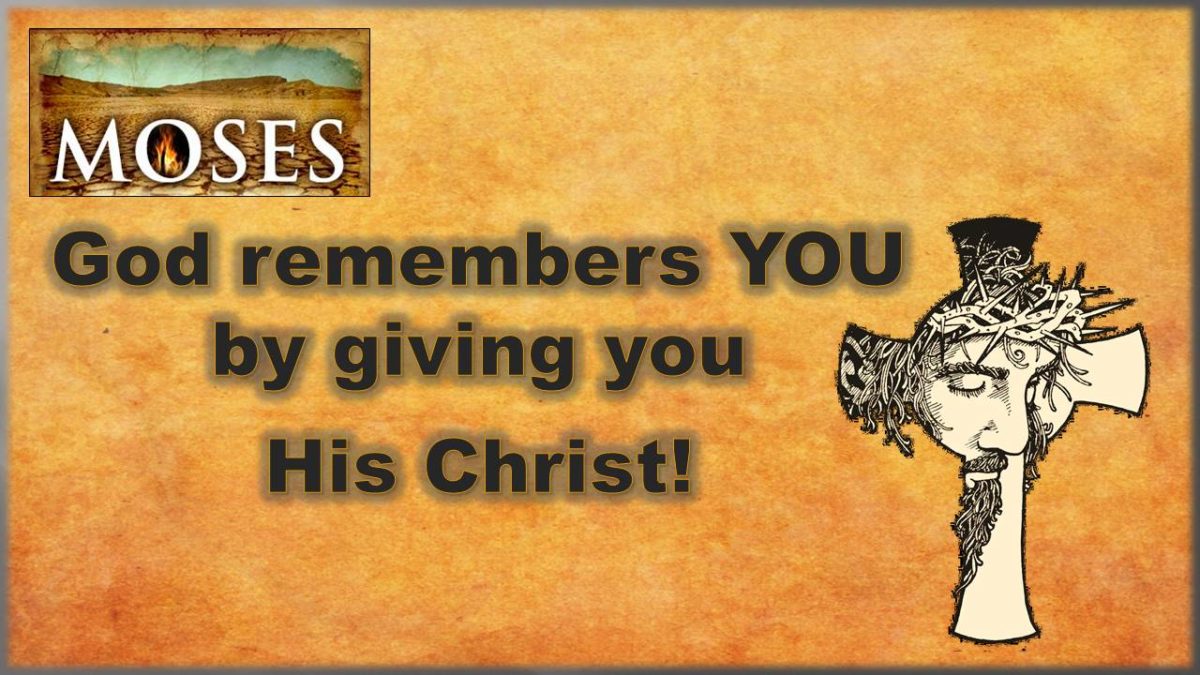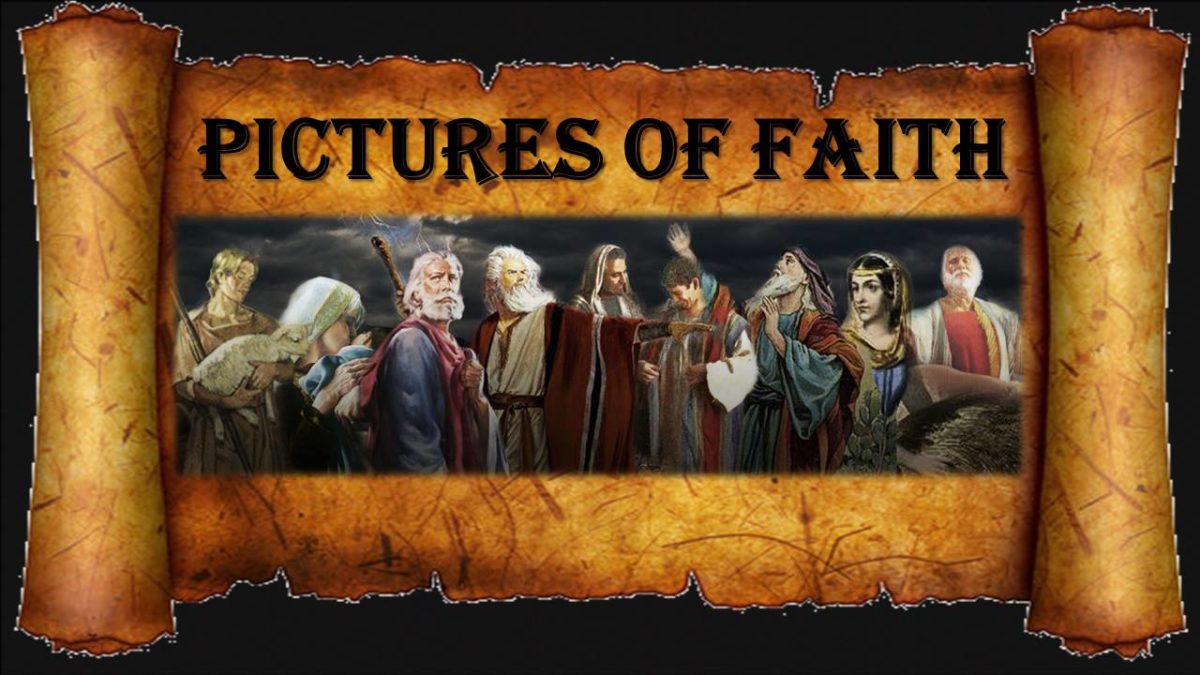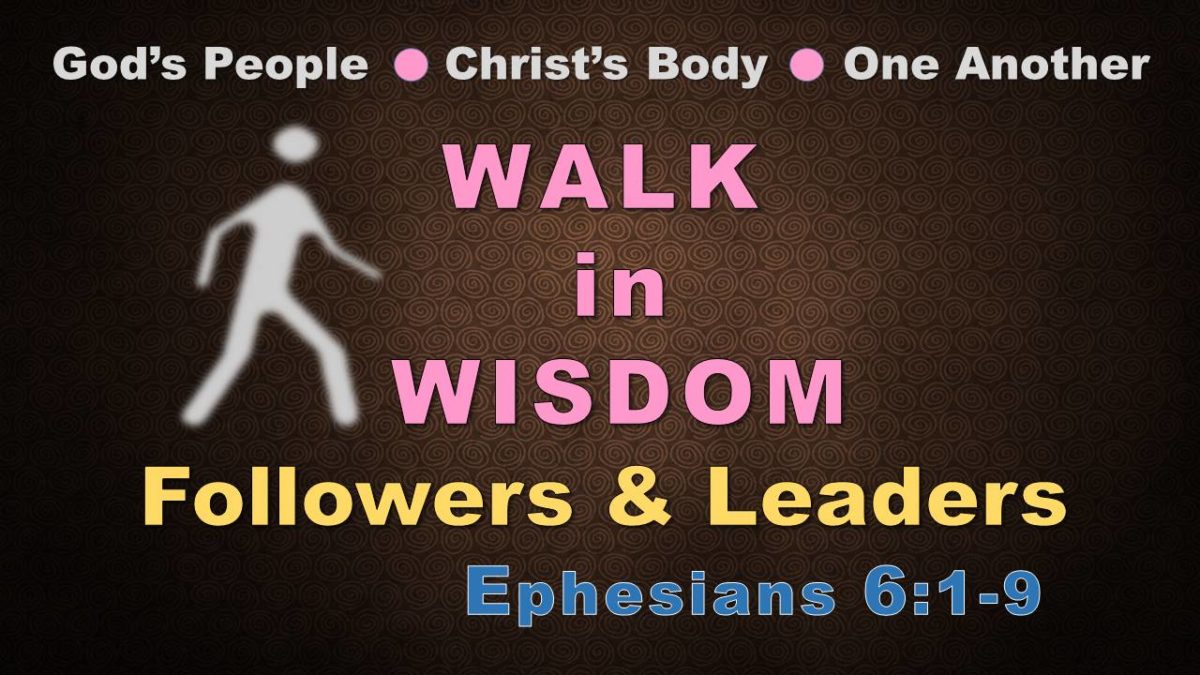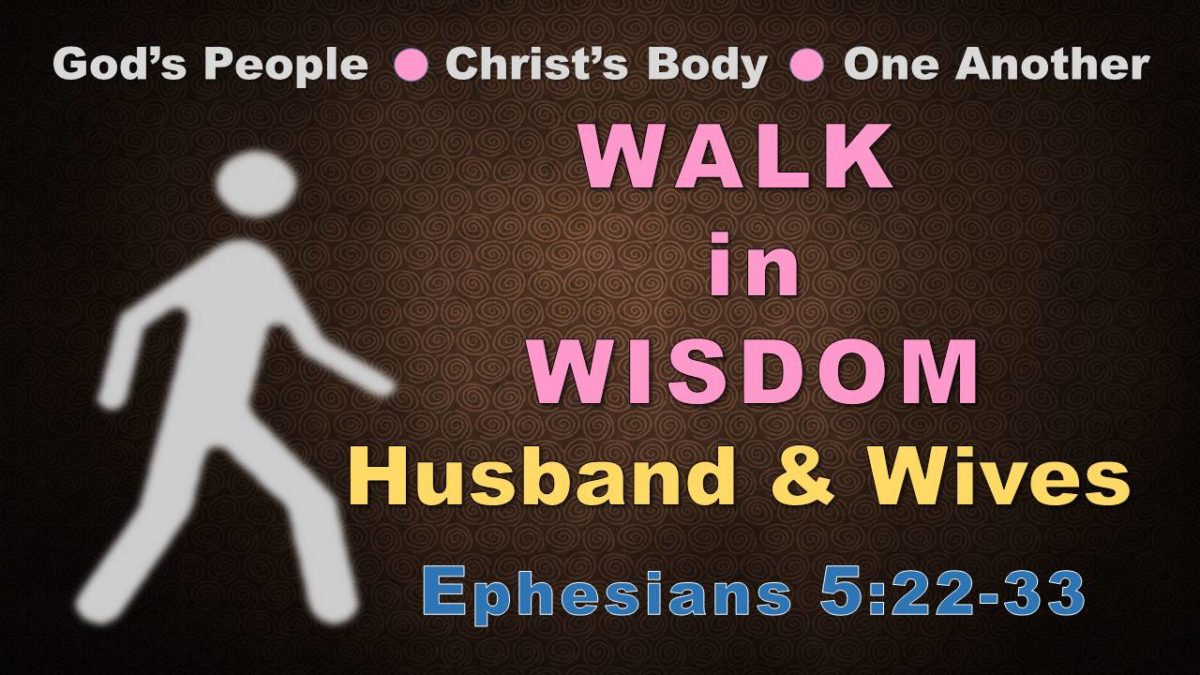Have you ever felt forgotten by God? Maybe you were serving with all your might, but the circumstances (the ones we talked about last week, maybe) didn’t line up with your best efforts.
When you (and I) feel forgotten by God, maybe we need to ask a follow-up question: What would it look like for God to remember you?
In Exodus 2.23-4.17, God remembers Israel by sending the Nation a (reluctant) deliverer. Israel is oppressed in Egypt as slaves. All the good will we see at the end of Genesis has melted away into 400 years of bondage. But then … God heard their groaning, and God remembered his covenant with Abraham, with Isaac and with Jacob. And God saw the people of Israel—and God knew (2.25, ESV).
God raises up a deliverer in the person of Moses—a burnout figure pasturing his father-in-law’s sheep in the wilderness. But when God appears to, summons and commissions Moses at the burning bush (3.1-9), it isn’t like Moses is thrilled to be God’s deliverer. Moses has tried the delivering thing before (see Exodus 2), and now he’ll need to get over himself to recognize God’s remembrance. And, it’s here that we see that nothing has changed for us. Moses’ objections to God strike us as remarkably contemporary. We who live after the cross and know Jesus sometimes have the very same objections when we realize that the cross of Christ is all about God remembering us!
Here are Moses’ four objections to God’s remembrance, in the way we’d say them:
Objection #1: “I’m not worthy” (3.11-12).
Who am I that I should go to Pharaoh and bring the children of Israel out of Egypt? (:11). Shepherds were untouchables in Egypt, and now Moses, who used to be in Pharaoh’s court, has identified with the Hebrew people, shepherds. And he probably figures he’s in retirement from the delivering business. How does God respond? But I will be with you, and this shall be the sign for you, that I have sent you: when you have brought the people out of Egypt, you shall serve God on this mountain (:12).
Do you ever feel unworthy? The self-esteem movement might respond to our sense of unworthiness by telling us that we’re good enough, smart enough and have a right not to be bullied. But what does the New Testament say? We are worthy because Jesus is worthy. For as by the one man’s disobedience [that’s Adam] the many were made sinners, so by the one man’s obedience [that’s Jesus] the many will be made righteous (Romans 5.19).
Through the perfect life and the holy God-satisfying death of Jesus we are made worthy for right relationship with God when we trust in Jesus. God’s answer to Moses anticipates this. I’m worthy, and I’m going to do this for you, God tells Moses. But, you’ll need to respond in faith to see it … God remembers you by giving you His Christ!
Objection #2: “I can’t do this by myself!” (3.13-22).
If I come to the people of Israel and say to them, “The God of your fathers has sent me to you,” and they ask me, “What is his name?; what shall I say to them?” (:13). Moses expects to be asked about the nature of the god who has sent him, and God responds: I AM WHO I AM (:14). God is the one who is always present. Moses won’t be by himself!
Do you ever feel alone? The New Testament reminds us that Jesus, by His very nature, is with His people. Before Abraham was, I AM, Jesus says in John 8.58 (and was killed for saying it). And then in His final words to his disciples: And behold, I am with you always, to the end of the age (Matthew 28.20) … God remembers you by giving you His Christ!
Objection #3: “I won’t be believed” (4.1-9). Here, God gives Moses three signs involving his staff turned into a serpent and then changed back to a staff (God’s power over nations); Moses’ hand turned leprous and then healed (God’s power to restore broken health); and, Nile water turned to blood (God’s power to judge). Importantly, these are power signs for God’s people, Israel. Moses is afraid he won’t be taken seriously by his own people.
Do you ever worry that you won’t be taken seriously if you bring up the cross of Christ as a serious solution to peoples’ problems? You hear of fellow Christians’ struggles and learn of their work with counselors and psychiatrists and then just feel so silly asking, “So … what does your pain have to do with the Gospel?”
The New Testament assures us that Jesus will make Himself known through you in the hour of your need. When they deliver you over, do not be anxious how you are to speak or what you are to say, for what you are to say will be given to you in that hour. For it is not you who speak, but the Sprit of your Father speaking through you (Matthew 10.19-20). Jesus is talking about our testimony to His cross! And there we encounter ultimate reality in Christ’s work that is supremely real! … God remembers you by giving you His Christ!
Objection #4: “I don’t know how!” (4.10-17).
I am not eloquent, either in the past or since you have spoken to your servant, but I am slow of speech and of tongue (:10). Moses is not really a local-yokel, but he knows the rhetoric necessary to persuade Pharaoh.
God responds: Who has made man’s mouth? Who makes him mute, or deaf, or seeing, or blind? Is it not I, the LORD? Now, therefore, go, and I will be with your mouth and teach you what you shall speak? (:11-13).
Do your problems ever seem too complicated for you? The New Testament tells us to go to the cross of Christ. The Apostle Paul got this. In 1 Corinthians 2, pressured by Greeks in love with smooth, Sophist teachers, Paul proclaimed the Gospel of the cross of Christ, crisp and clean: And I, when I came to you, brothers, did not come proclaiming to you the testimony of God with lofty speech or wisdom. For I decided to know nothing among you except Jesus Christ and him crucified (:1-2).
God’s remembrance of Israel looked like His providing a deliverer—Moses, reluctant as he was. God’s remembrance of you and me looks like His providing Christ and His cross—Jesus, willing and able. The problem we each have is that so often we don’t really believe God remembers us by giving us Christ. We’re like Moses, trying our hand at self-deliverance and then being a burnout in the end. We worship on Sunday, but search for worthiness, feel alone, worry about the evaluation of others and don’t know how to solve our problems during the week.
The Good News here is that Christ meets us in every area of our lives and then goes with us as we learn to trust Him.
God remembers you by giving you His Christ!








